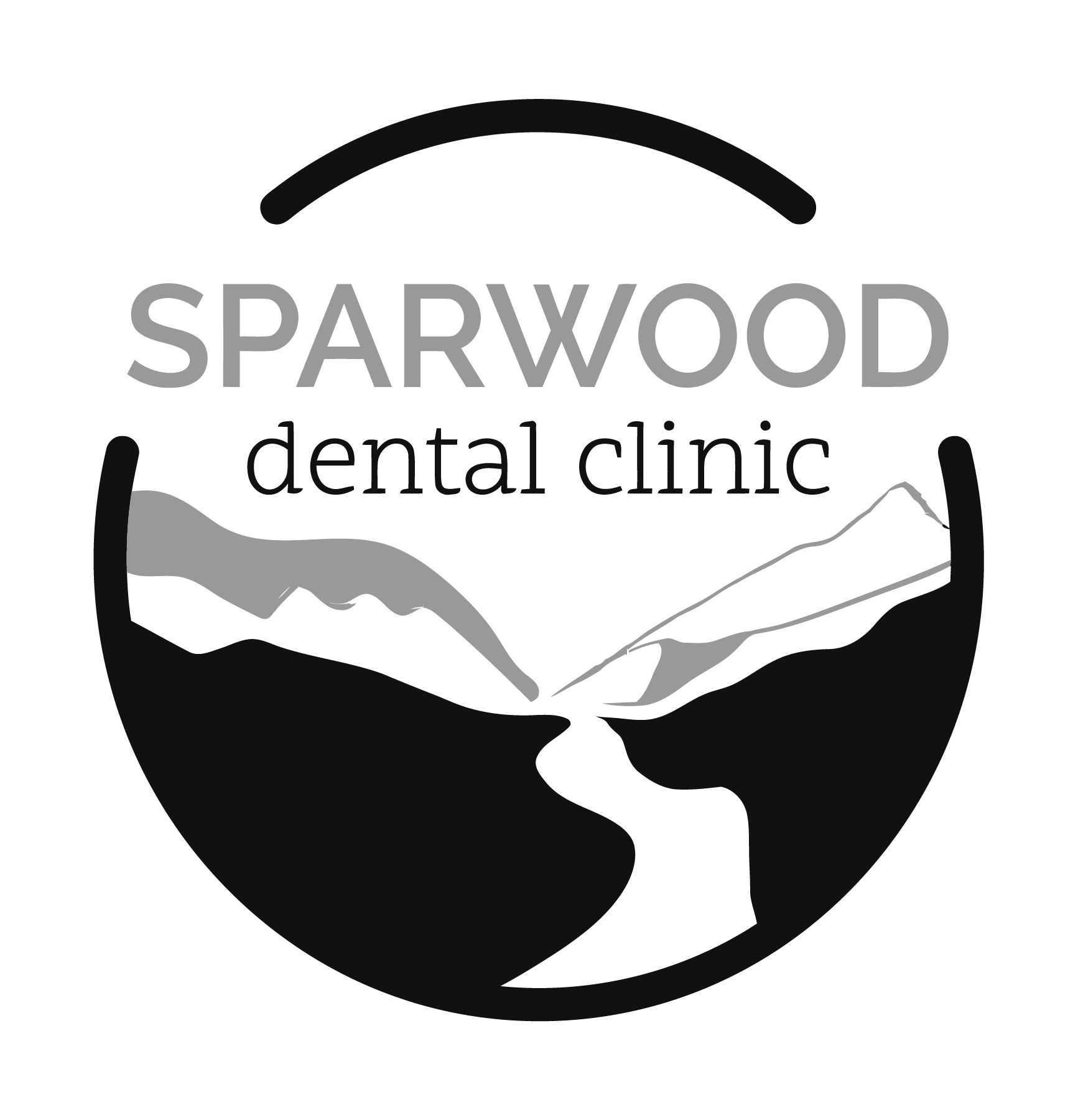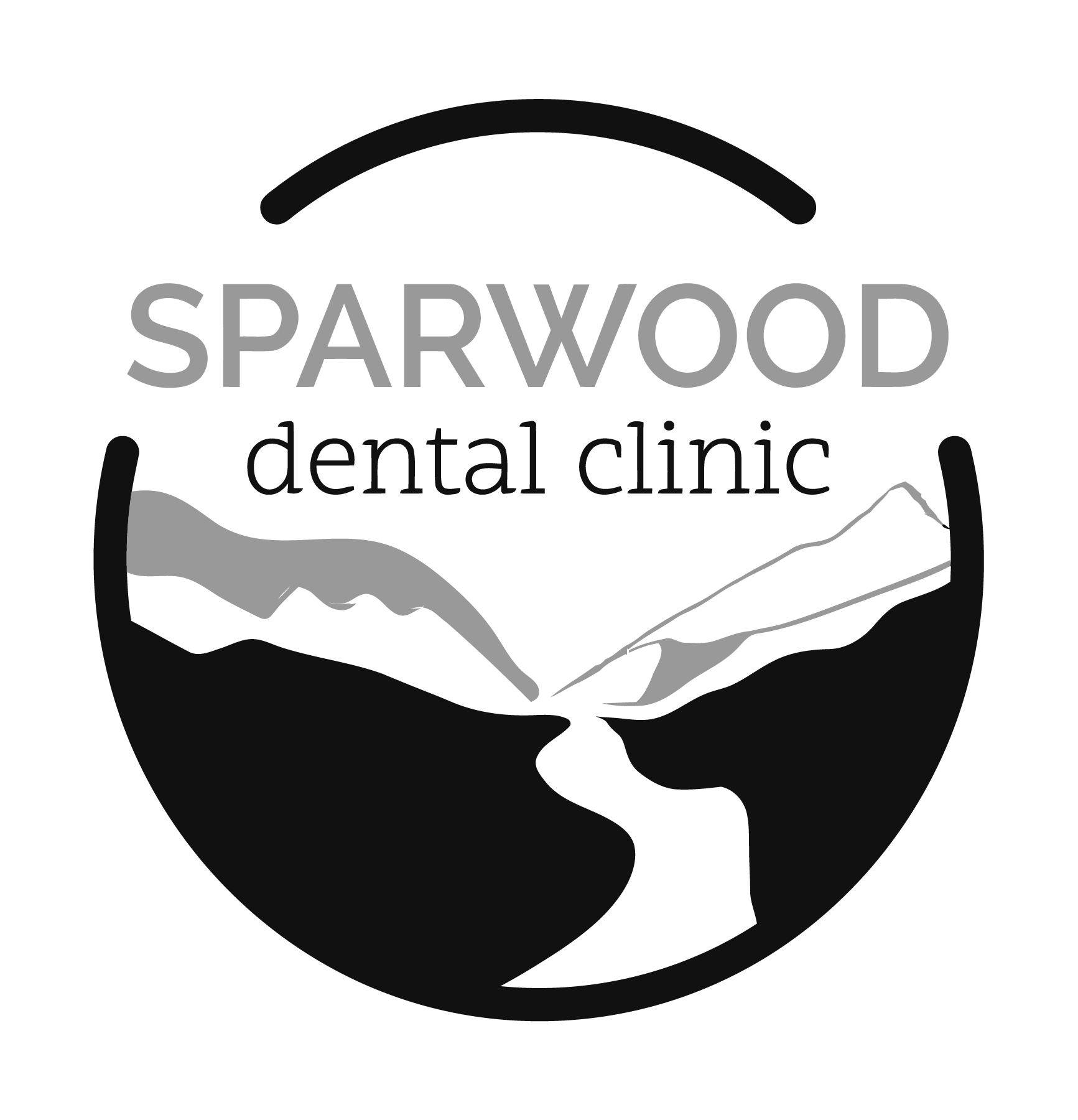Jaw Pain
Headaches, neck, and face pain are just a few of the symptoms experienced by millions of Canadians suffering from TMJ/TMD. The exact cause of this pain varies from patient to patient, as does the symptoms and severity of those symptoms. When you do experience any sort of face pain, your temporomandibular joints (TMJ) is usually looked at first. Your TMJ connects your lower jawbone to your skull and is responsible for giving you the ability to chew, talk, yawn, swallow, and more. Pain in the jaw can restrict movement and can be extremely unpleasant, so when you begin experiencing any sort of discomfort you should get it checked right away. Causes of TMD can be due to a combination of factors including genetics, arthritis, jaw injuries.
Symptoms of TMD
- Pain in the jaw and ears
- Locked or clicking jaw
- Ringing or stuffiness in the ears
- Headaches and neck pain
- Popping or grinding sounds when the jaw moves
- Swelling
- Muscle spasms
- Change in the alignment of top and bottom teeth
- Limited opening of the mouth
- Jaw stiffness
- Lack of motivation to eat or speak
How to prevent TMD symptoms
When you come in for your next dental check up, your dentist can create an effective, personal treatment plan for you, as well as provide at home remedies to lesson the symptoms and severity of TMD, use a headset at work, chew food evenly on both sides of your mouth, don’t sit with your chin rested in your hands, and practice good posture (head up, back straight, shoulders squared). You don’t need to do all of these things all of the time, but as long as you are aware of them, practicing intermittently between them can help relieve discomfort.


